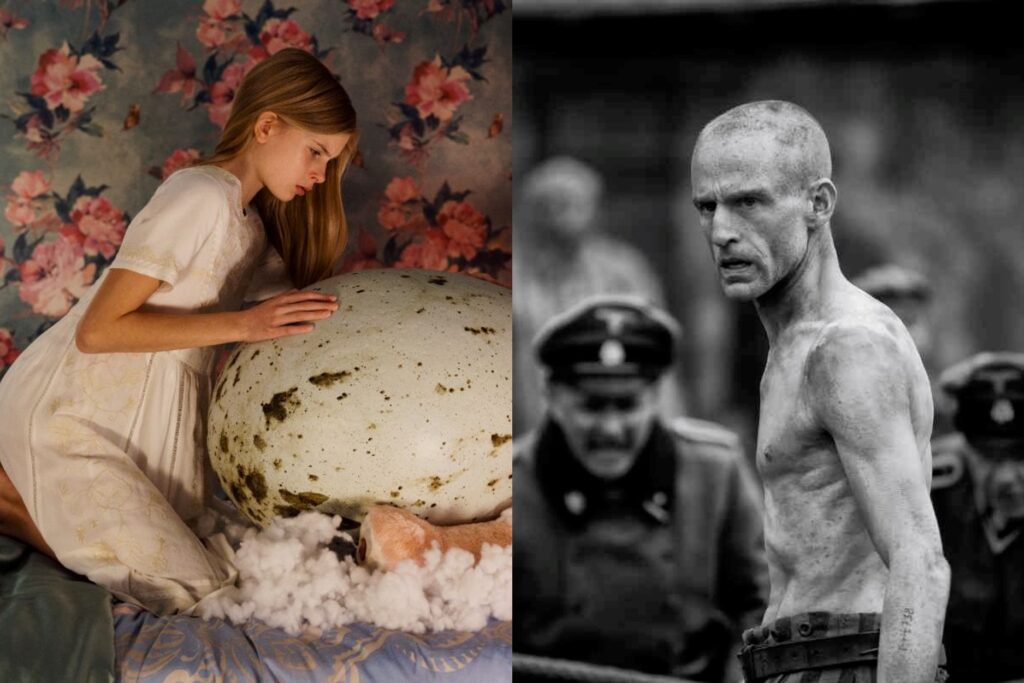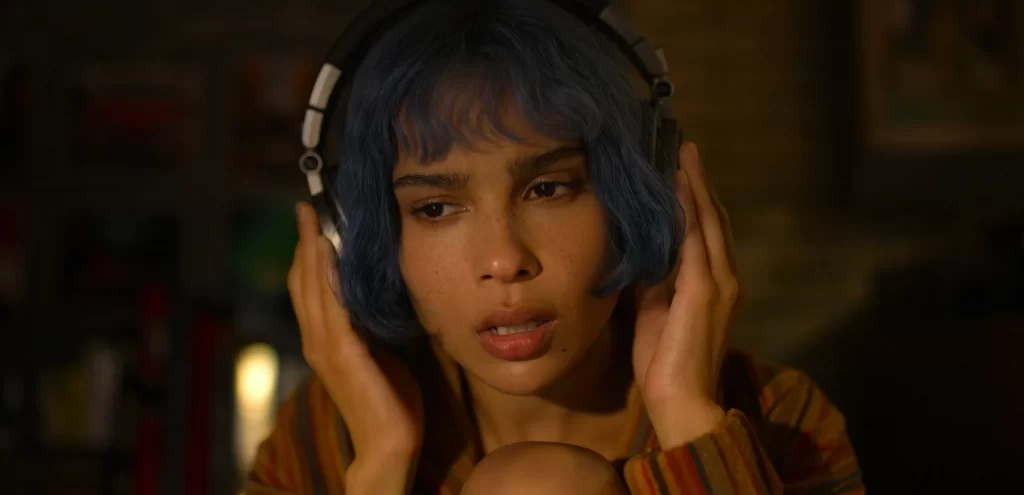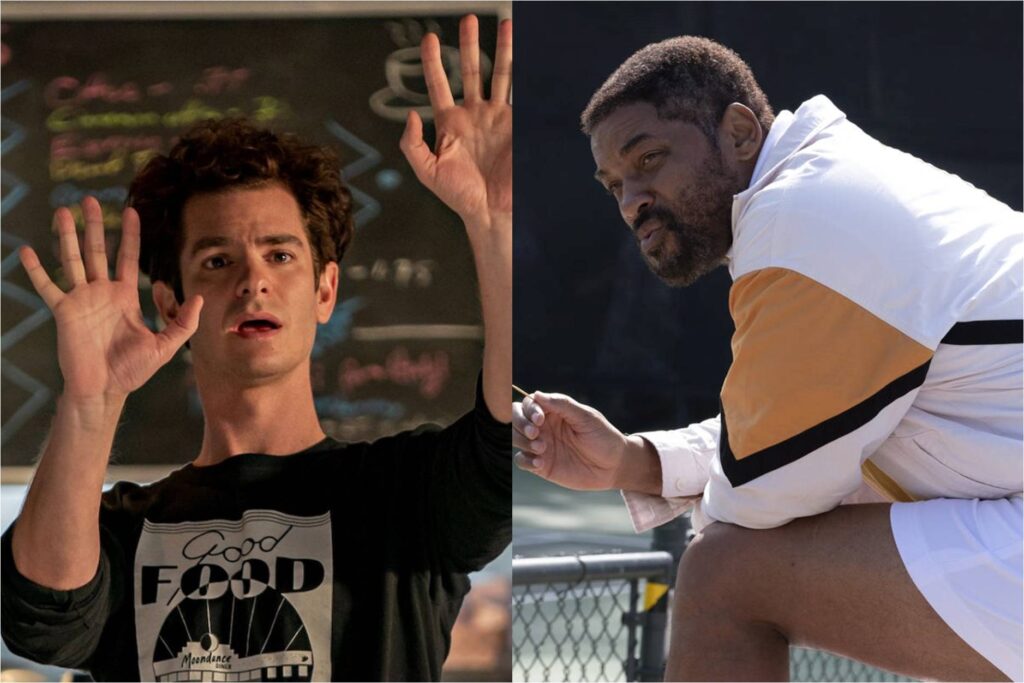The White Lotus S3 Finale: Mystery Loves Company

The White Lotus isn’t a murder mystery. There is no brilliant detective piecing together clues, no array of suspects telling conflicting stories, no grand reveal that exposes dark motivations or cunning conspiracies. There is, however, a dead body, the discovery of which bookends each season. The effect of this gambit, which writer-director Mike White has maintained for each of the series’ three runs, is to freight the proceedings with a suspenseful question—who’s going to die?—while still allowing him to structure the show as a rangy, acidic comedy rather than a conventional crime yarn.
This approach worked splendidly for the first two seasons of The White Lotus (both of which made my top, er, 11 in their respective years), but it yields diminishing returns for Season 3—not because White’s methodology has grown stale, but because he’s failed to properly calibrate it. For its first six (deeply enjoyable) episodes, this season operates as a dyspeptic and incisive class satire that also features tendrils of anxiety and anticipation. But in its final two installments, it squanders some of its shaggy charm, replacing it with clumsy attempts to goose tension and invite speculation. Read More




